

Get in the KNOW
on LA Startups & Tech
X
Illustration by Ian Hurley
What Are LA’s Hottest Startups of 2022? See Who VCs Picked in dot.LA’s Annual Survey
Harri Weber
Harri is dot.LA's senior finance reporter. She previously worked for Gizmodo, Fast Company, VentureBeat and Flipboard. Find her on Twitter and send tips on L.A. startups and venture capital to harrison@dot.la.
In Los Angeles—like the startup environment at large—venture funding and valuations skyrocketed in 2021, even as the coronavirus pandemic continued to surge and supply chain issues rattled the economy. The result was a startup ecosystem that continued to build on its momentum, with no shortage of companies raising private capital at billion-dollar-plus unicorn valuations.
In order to gauge the local startup scene and who’s leading the proverbial pack, we asked more than 30 leading L.A.-based investors for their take on the hottest firms in the region. They responded with more than two dozen venture-backed companies; three startups, in particular, rose above the rest as repeat nominees, while we've organized the rest by their amount of capital raised as of January, according to data from PitchBook. (We also asked VCs not to pick any of their own portfolio companies, and vetted the list to ensure they stuck to that rule.)
Without further ado, here are the 26 L.A. startups that VCs have their eyes on in 2022.
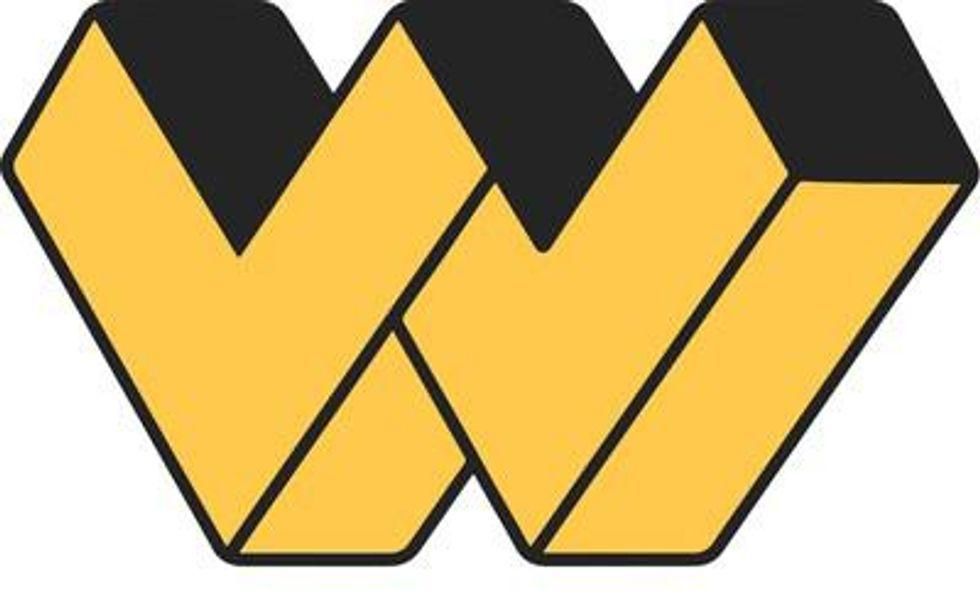
1. Whatnot ($225.4 million raised)
Whatnot was the name most often on the minds of L.A. venture investors—understandably, given its prolific fundraising year. Whatnot raised some $220 million across three separate funding rounds in 2021, on the way to a $1.5 billion valuation.
The Marina del Rey-based livestream shopping platform was founded by former GOAT product manager Logan Head and ex-Googler Grant LaFontaine. The startup made its name by providing a live auction platform for buying and selling collectables like rare Pokémon cards, and has since expanded into sports memorabilia, sneakers and apparel.
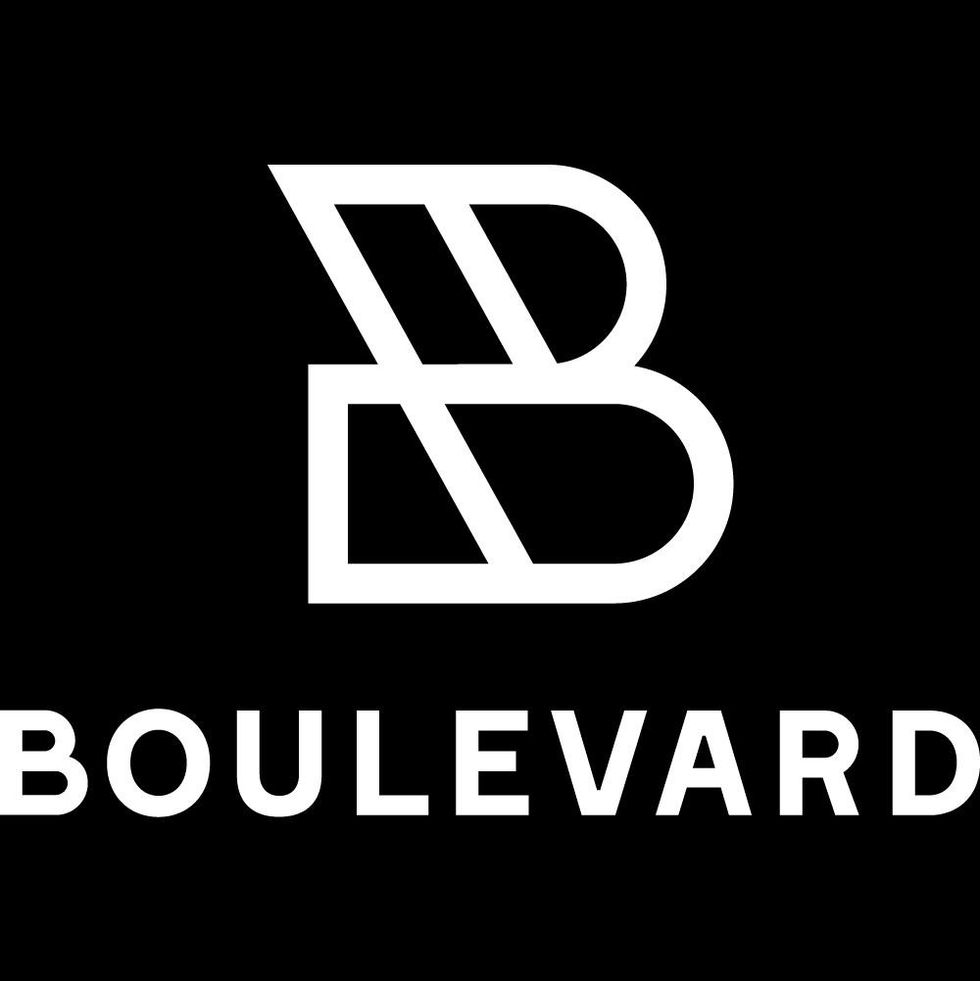
2. Boulevard ($40.3 million raised)
Boulevard’s backers include Santa Monica-based early-stage VC firm Bonfire Ventures, which focuses on B2B software startups. The Downtown-based company fits nicely within that thesis; Boulevard builds booking and payment software for salons and spas. The firm has worked with prominent brands such as Toni & Guy and HeyDay.

3. GOAT ($492.7 million)
GOAT launched in 2015 as a marketplace to help sneakerheads authenticate used Air Jordans and other collectible shoes. It has since grown at a prolific rate, expanding into apparel and accessories and exceeding $2 billion in merchandise sales in 2020. The startup sealed a $195 million funding round last summer that more than doubled its valuation, to $3.7 billion.
The Best of the Rest
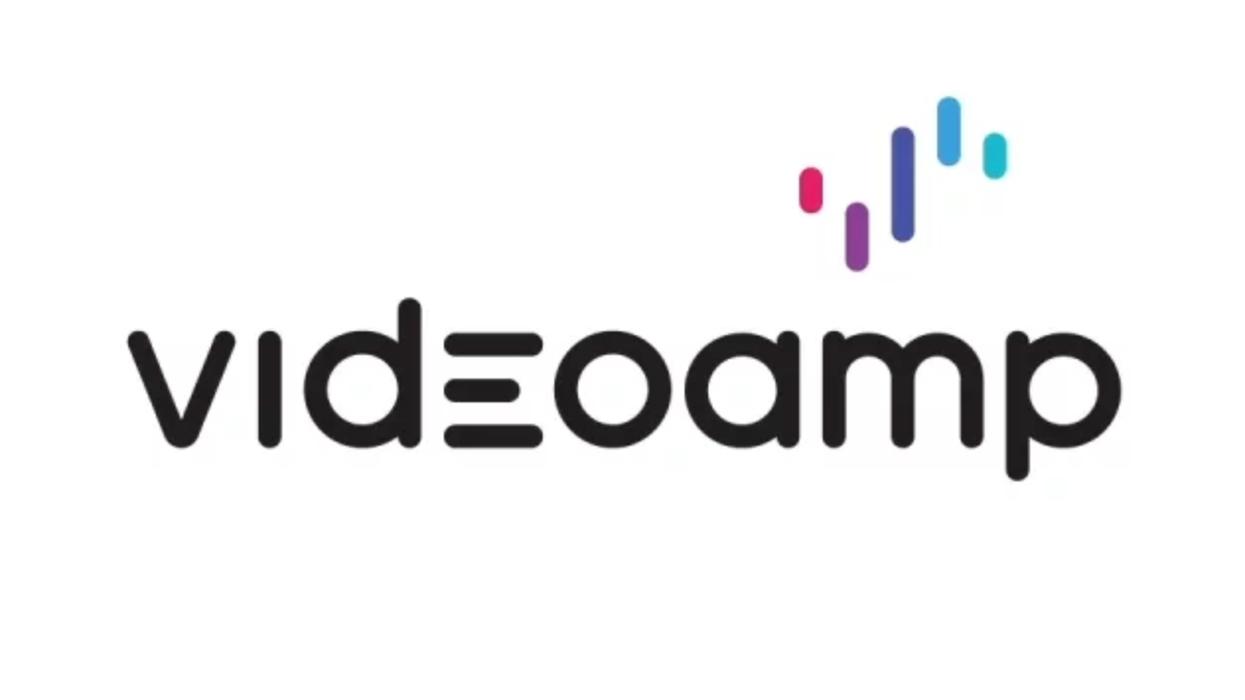
VideoAmp ($578.6 raised)
Nielsen competitor VideoAmp gathers data on who's watching what across streaming services, traditional TV and social apps like YouTube. The company positions itself as an alternative to so-called "legacy" systems like Nielsen, which it says are "fragmented, riddled with complexity and inaccurate." In addition to venture funding, its total funding figure includes more than $165 million in debt financing.

Mythical Games ($269.4 million raised)
Seizing on the NFT craze, Mythical Games is building a platform that powers the growing realm of “play-to-earn games.” Backed by NBA legend Michael Jordan and Andreessen Horowitz, the Sherman Oaks-based startup’s partners include game publishers Abstraction, Creative Mobile and CCG Lab.

FloQast ($202 million raised)
FloQast founder Michael Whitmire says he got a “no” from more than 100 investors in the process of raising a seed round. Today, the accounting software company is considered a unicorn.

Nacelle ($70.8 million raised)
Nacelle produces docuseries, books, comedy albums and podcasts. The media company’s efforts include the Netflix travel series “Down To Earth with Zac Efron.”
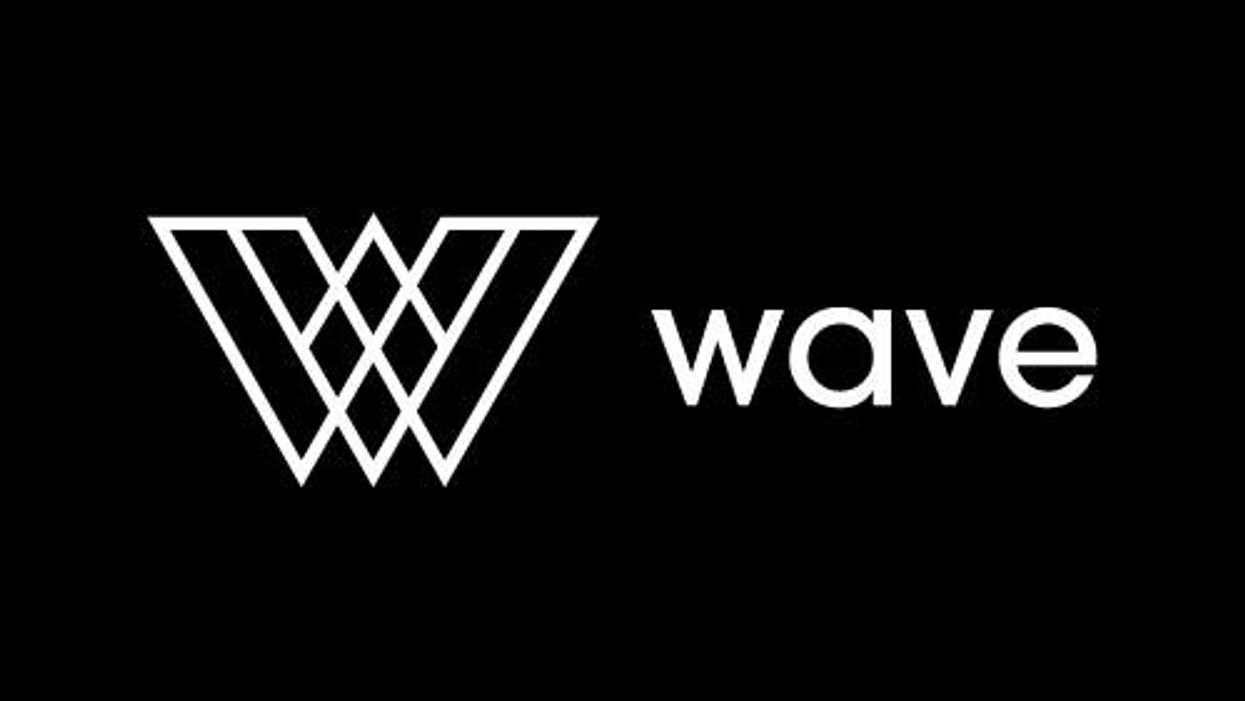
Wave ($66 million raised)
A platform for virtual concerts, Wave has hosted performances by artists including Justin Bieber, Tinashe and The Weeknd. The company says it has raised $66 million to date from the likes of Warner Music and Tencent.
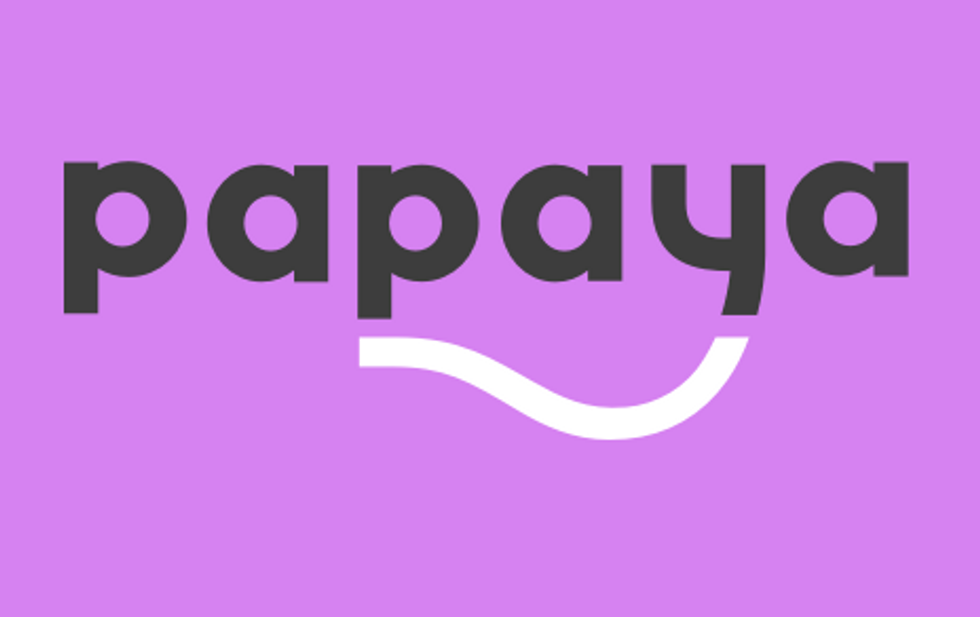
Papaya ($65.2 million raised)
Sherman Oaks-based Papaya looks to make it easier to pay “any” bill—from hospital bills to parking tickets—via its mobile app.
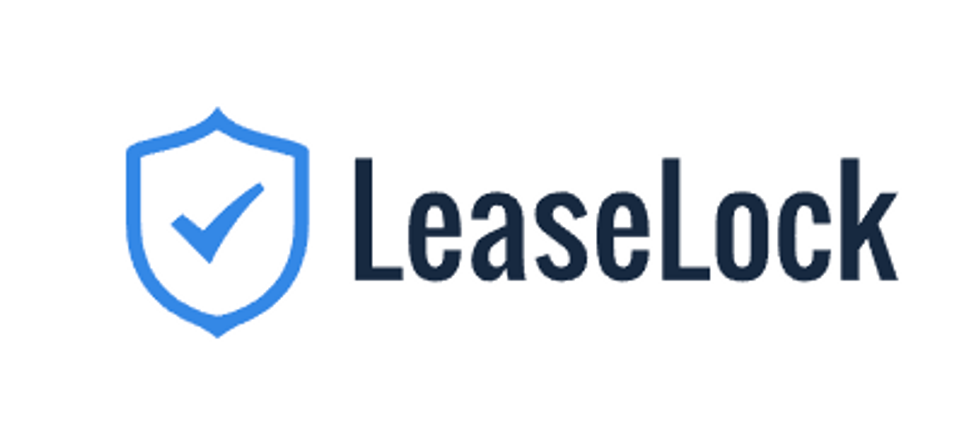
LeaseLock ($63.2 million raised)
Based in Marina del Rey, LeaseLock says it’s on a mission to eliminate security deposits for apartment renters.
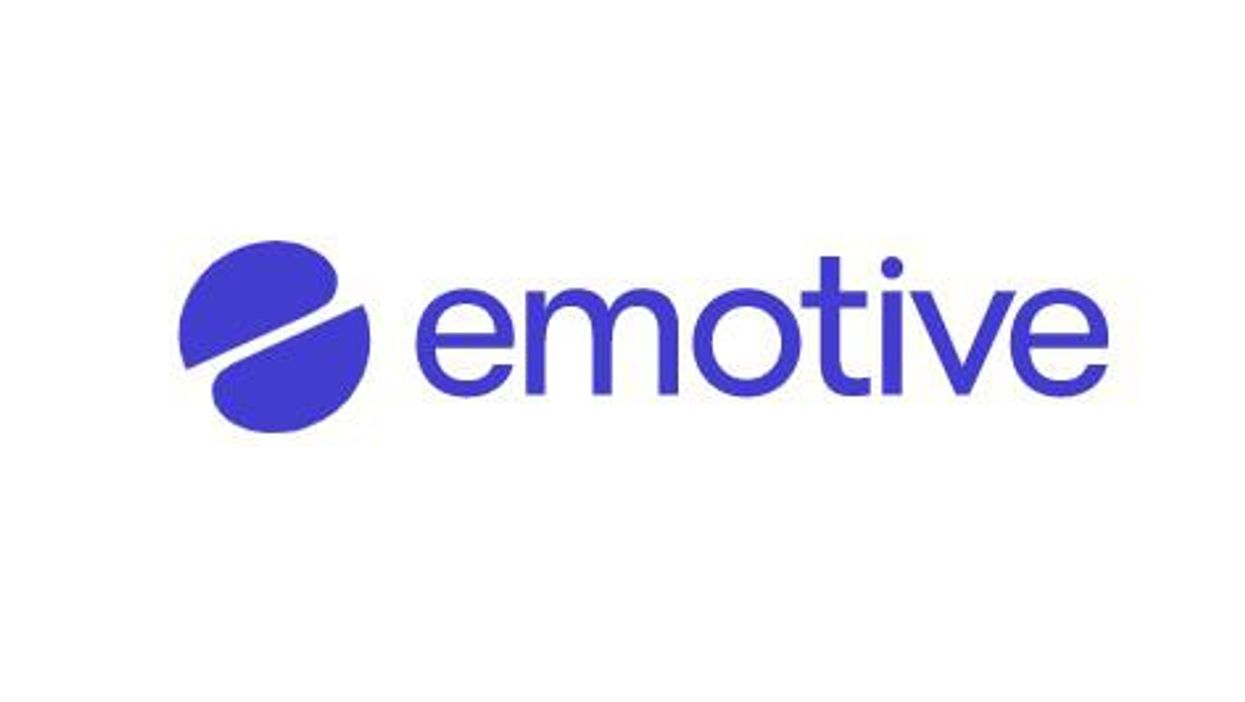
Emotive ($58.1 million raised)
Emotive sells text message-focused marketing tools to ecommerce firms like underwear brand Parade and men's grooming company Beardbrand.
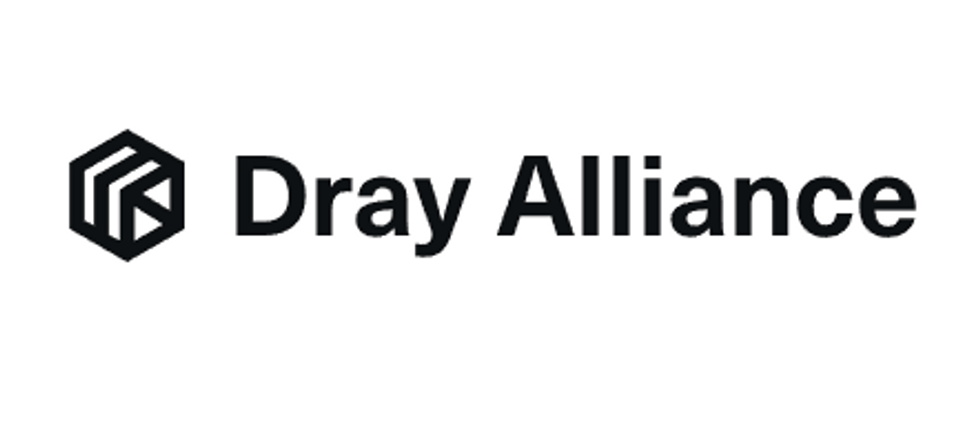
Dray Alliance ($55 million raised)
Based in Long Beach, Dray says its mission is to “modernize the logistics and trucking industry.” Its partners include Danish shipping company Maersk and toy maker Mattel.

Coco ($43 million raised)
Coco makes small pink robots on wheels (you may have seen them around town) that deliver food via a remote pilot. Its investors include Y Combinator and Silicon Valley Bank.

HiveWatch ($25 million raised)
HiveWatch develops physical security software. Its investors include former Twitter executive Dick Costollo and NBA star Steph Curry’s Penny Jar Capital.

Popshop ($24.5 million raised)
Whatnot competitor Popshop is betting that live-shopping is the future of ecommerce. The West Hollywood-based firm focuses on collectables such as trading cards and anime merchandise.
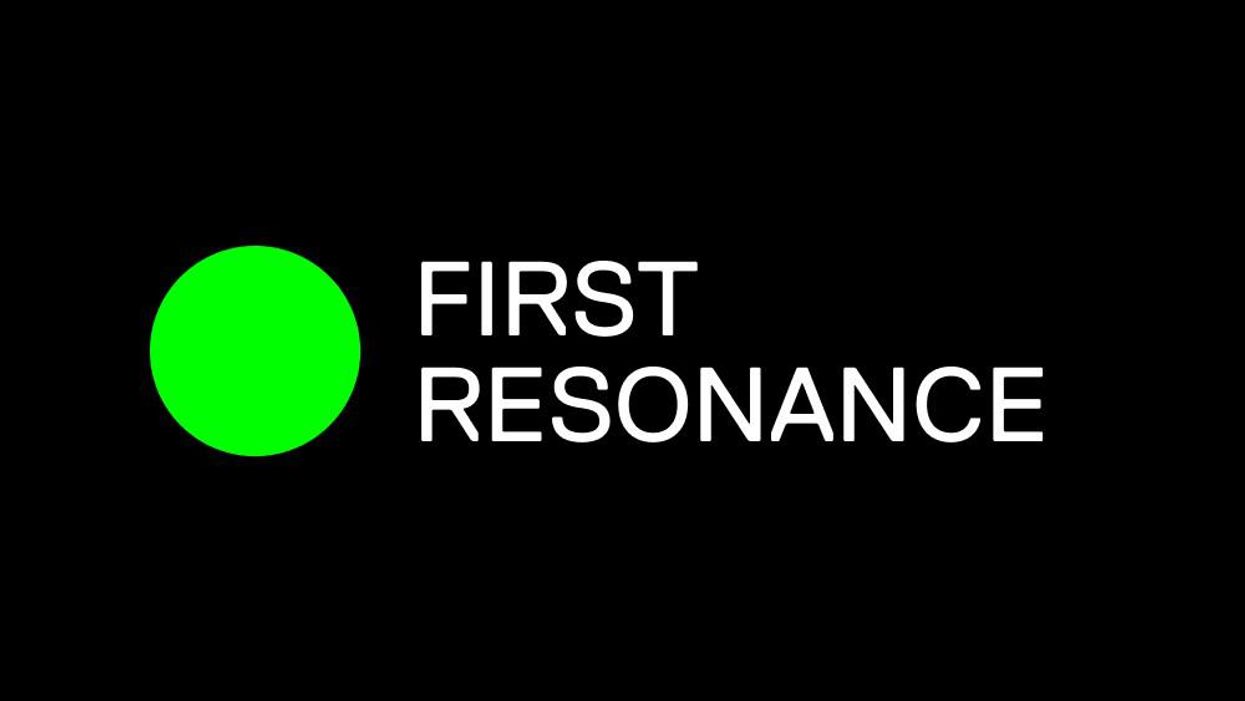
First Resonance ($19.4 million raised)
Founded by former SpaceX engineer Karan Talati, First Resonance runs a software platform for makers of electric cars and aerospace technology. Its clients include Santa Cruz-based air taxi company Joby Aviation and Alameda-based rocket company Astra.
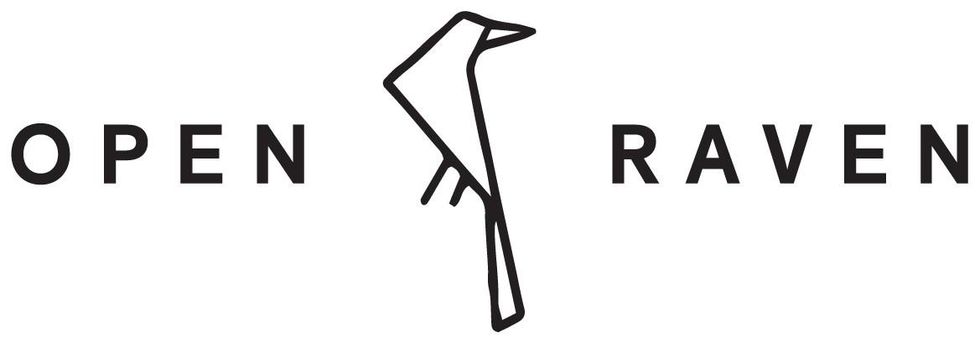
Open Raven ($19 million raised)
Founded by Crowdstrike and Microsoft alums, Open Raven aims to protect user data. The cybersecurity firm’s investors include Kleiner Perkins and Upfront Ventures.
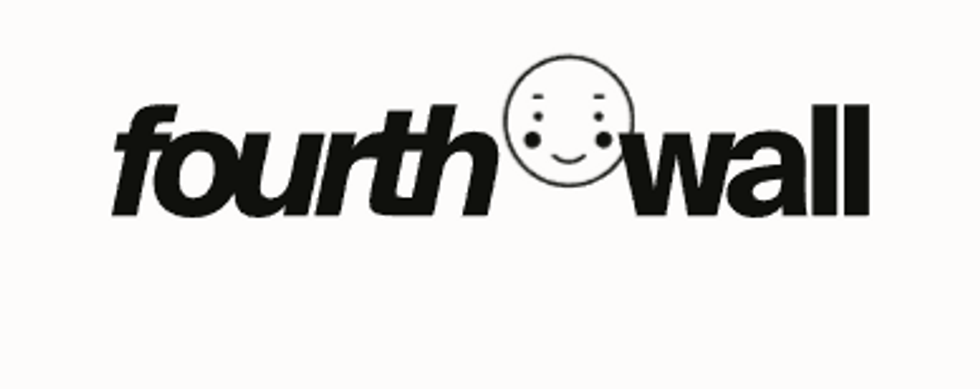
Fourthwall ($17 million raised)
When an actor faces the camera and speaks directly to the audience, it’s known as “breaking the fourth wall.” Named after the trope, Venice-based Fourthwall offers a website builder that’s designed for content creators.

The Non Fungible Token Company ($15 million raised)
The Non Fungible Token Company creates NFTs for musicians under the name Unblocked. Its investors include Jay Z’s Marcy Venture Partners and Shawn Mendez.

Safe Health Systems ($15 million raised)
Backed by Mayo Clinic Ventures, Safe Health develops telehealth software and offers tools for enterprises to launch their own health care apps.

Intro ($11.6 million raised)
Intro’s app lets you book video calls with experts—from celebrity stylists, to astrologists, to investors.
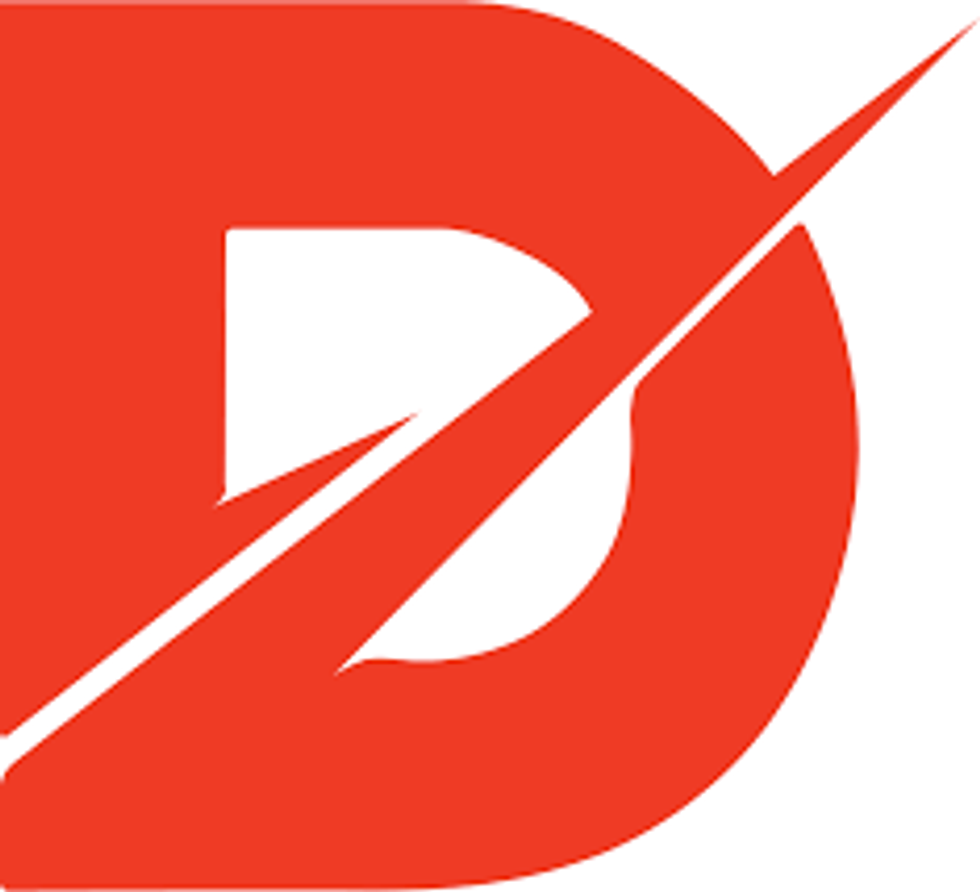
DASH Systems ($8.5 million raised)
With the tagline “Land the package, not the plane,” DASH Systems is a Hawthorne-based shipping company that builds hardware and software for automated airdrops.

Ettitude ($3.5 million raised)
With a focus on sustainability, Ettitude is a direct-to-consumer brand that sells bedding, bathroom textiles and sleepwear.

Afterparty ($3 million raised)
Along similar lines as Unblocked, Afterparty creates NFTs for artists and content creators such as Clay Perry and Tropix.

Heart to Heart ($0.75 million raised)
Heart to Heart is an audio-focused dating app that “lets you listen to the story behind the pictures in a profile.” Precursor Ventures led the pre-seed funding round.

Frigg (undisclosed)
Frigg makes hair and beauty products that contain cannabinoids such as CBD. The Valley Village-based company raised an undisclosed seed round in August.
From Your Site Articles
- The Early-Stage Startups in LA Set to Take Off in 2021 - dot.LA ›
- Los Angeles Startups Closed a Record Number of Deals in Q3 - dot.LA ›
- dot.LA's Map of Startups in Los Angeles - dot.LA ›
- The Hottest LA Startups of 2020 - dot.LA ›
- Los Angeles Cleantech Incubator Launches Green Loan Fund - dot.LA ›
- dot.LA's Guide on L.A. Flight Startups Overair, Archer Aviation - dot.LA ›
- Here Are LA’s Hottest Startups for 2023 - dot.LA ›
- Nobody Studios Plans to Build 100 Startups in Five Years - dot.LA ›
- From GameTree to Sota — Ukrainian Founders Call LA Home - dot.LA ›
Related Articles Around the Web
Harri Weber
Harri is dot.LA's senior finance reporter. She previously worked for Gizmodo, Fast Company, VentureBeat and Flipboard. Find her on Twitter and send tips on L.A. startups and venture capital to harrison@dot.la.
JetZero Just Raised $175M to Rewrite How We Fly
07:06 AM | January 16, 2026
🔦 Spotlight
Happy Friday, Los Angeles ✈️
While everyone in tech is still busy arguing about the next AI model, one startup based out of Long Beach just raised a whole lot of money to change the shape of the airplane itself.

JetZero closed a $175 million Series B to build its blended wing body “all-wing” airliner, with B Capital leading the round alongside United Airlines Ventures, Northrop Grumman, 3M Ventures, Trucks VC and RTX Ventures. The company is working toward a full-scale Demonstrator aircraft that targets at least 30% better fuel efficiency than today’s tube-and-wing jets, with a first flight planned for 2027 and a commercial Z4 airliner to follow in the early 2030s.
This is not a small bet. JetZero’s pitch is that airlines and regulators need a way to hit climate targets without waiting on sci-fi batteries or hydrogen infrastructure, and that a radically more efficient airframe is the most realistic path. It is also very much an LA story: deep aerospace talent, strategic money at the table, and a product that looks like a mashup of climate tech, defense tech and old-school manufacturing rather than another SaaS dashboard.
There is still a long way to go. The next few years are about turning simulations and wind-tunnel charts into flight data, working with regulators and proving that a manta-ray-shaped jet can slot into a world built for Boeings and Airbuses. But if JetZero gets anywhere close, it will mean that one of the most ambitious hardware bets in commercial aviation is being engineered out of Long Beach.
Scroll on for the latest LA venture rounds, fund news and acquisitions.
🤝 Venture Deals
LA Companies
- No Agent List secured $10M in private investment to launch its AI powered real estate platform ahead of a planned Spring 2026 debut. The Los Angeles based company aims to put “agent level” tools directly in the hands of buyers, sellers and vendors, offering direct access to off market properties, FSBOs, distressed assets, foreclosures, tax liens and auctions that have traditionally been gated by agents and insiders. The funding will support product development and rollout of the platform, which promises more control over transactions while using AI to surface opportunities and streamline the deal process. - learn more
- Hadrian, the Los Angeles based advanced manufacturing startup, announced new capital led by accounts advised by T. Rowe Price Associates to accelerate its push to “reindustrialize” American manufacturing. The financing, which also includes Altimeter Capital, D1 Capital Partners, StepStone Group, 1789 Capital, Founders Fund, Lux Capital, a16z, Construct Capital and others, values the company at $1.6B and will be used to expand its high-throughput factories, grow its workforce and deploy more AI, software and automation across its “factories-as-a-service” platform for aerospace, defense and critical infrastructure customers.- learn more
LA Venture Funds
- Blue Bear Capital joined Hydrosat’s $60M Series B, backing the thermal infrared satellite data company alongside lead investors Hartree Partners, Subutai Capital Partners and Space 4 Earth. The funding will help Hydrosat expand its constellation beyond its two current satellites, ramp global coverage and deepen its AI-powered “thermal intelligence” products for water resource management, agriculture, civil government and defense customers worldwide. - learn more
- Elysian Park Ventures led a $12M growth round for Diamond Kinetics, backing the Pittsburgh-based baseball tech company as it doubles down on youth development. The new capital will help Diamond Kinetics scale sidelineHD, its AI-powered youth baseball and softball live streaming and highlights platform, and expand its broader suite of training tools as MLB’s Trusted Youth Development Platform. - learn more
- MANTIS Ventures participated in Depthfirst’s $40M Series A round, backing the San Francisco based applied AI lab alongside lead investor Accel, Alt Capital, BoxGroup, Liquid 2 Ventures and SV Angel. Depthfirst is building an AI-native “General Security Intelligence” platform that uses autonomous agents to detect, triage and remediate software vulnerabilities across code and infrastructure, aiming to outpace a new wave of AI-powered cyberattacks. The fresh capital will fund R&D, go-to-market efforts and hiring as the company scales its security platform for enterprise customers. - learn more
- Cedars-Sinai Health Ventures participated in Vista AI’s $29.5M Series B, joining a slate of leading health systems backing the company’s automated MRI scanning software. The Palo Alto-based startup will use the funding to expand its FDA-cleared cardiac MRI platform to additional anatomies like brain, prostate and spine, and to roll out remote scanning services that let hospitals without in-house MRI expertise offer advanced imaging while easing backlogs and technologist shortages - learn more
- Fourward Ventures is leading a new strategic growth investment in Mermaid Gin, backing the Isle of Wight–based premium spirits brand as it accelerates expansion in the U.S. market. The round brings Fourward’s founder Will Ward onto the board as lead investor and is paired with a national distribution partnership with Southern Glazer’s Wine & Spirits, plus the appointment of longtime Moët Hennessy veteran Jim Clerkin as CEO for the U.S. push. The capital and partnership are aimed at scaling Mermaid Gin in the fast-growing U.S. super-premium gin segment while preserving its sustainability-focused, Isle of Wight roots. - learn more
- Hyperion Capital joined Haiqu’s $11M seed round, backing the quantum software startup alongside Primary Venture Partners, Collaborative Fund, Alumni Ventures, Qudit Ventures, Silicon Roundabout Ventures, Harlow Capital, Toyota Ventures and MaC Venture Capital. Haiqu is building a hardware-aware quantum operating system and middleware layer that boosts the performance of today’s noisy quantum hardware, with the new funding going toward productizing its platform and enabling near-term commercial use cases in areas like finance, cybersecurity and scientific computing. - learn more
- Sound Ventures led WitnessAI’s $58M strategic funding round, backing the Mountain View based AI security and governance platform alongside investors including Fin Capital, Qualcomm Ventures, Samsung Ventures and Forgepoint Capital Partners. The company will use the capital to accelerate global go-to-market efforts and expand its platform, which secures AI agents and models by monitoring agent activity, linking human and agent actions, and blocking prompt injection and other attacks in real time. WitnessAI also unveiled new agentic AI governance tools that give enterprises deeper observability and policy control as they scale AI agents across their operations. - learn more
- Alexandria Venture Investments joined Proxima’s oversubscribed $80M seed financing, backing the newly rebranded AI-native biotech (formerly VantAI) alongside lead investor DCVC, NVentures (NVIDIA’s venture arm), Braidwell, Roivant and others. Proxima is building a generative AI driven platform for “proximity-based medicines” that modulate protein protein interactions, including molecular glues and PROTACs, to go after historically undruggable targets in oncology, immunology and beyond. The new capital will accelerate its NeoLink structural proteomics and Neo AI model stack, and advance a pipeline of first-in-class proximity-modulating therapeutics toward the clinic. - learn more
- Clocktower Technology Ventures participated in WeatherPromise’s oversubscribed $12.8M Series A, backing the weather-guarantee startup alongside lead investor Maveron, 1Sharpe, Lerer Hippeau, Commerce Ventures, MS Transverse, Start Ventures, 1Flourish and others. WeatherPromise partners with major travel brands like Marriott, Expedia and JetBlue to offer “weather guarantees” that automatically refund trips when conditions are worse than promised, driving demand for travel, events and outdoor experiences. The new capital will accelerate product development, expand strategic partnerships and scale the platform across more consumer categories. - learn more
- MANTIS Ventures participated in Sandstone’s $10M seed round, backing the AI-native legal tech startup alongside lead investor Sequoia Capital and others. Sandstone is building an operating system for in-house legal teams that uses AI agents to route requests, draft and review contracts, and surface answers directly inside tools like email, Slack and Salesforce, turning institutional legal knowledge into reusable workflows. The new capital will help the Brooklyn-based company scale its product and grow its customer base of corporate legal departments. - learn more
- Strong Ventures participated in Hupo’s $10M Series A round, backing the Singapore-based AI sales coaching startup alongside lead investor DST Global Partners, Collaborative Fund, January Capital and Goodwater Capital. Hupo’s platform uses AI to coach frontline banking, insurance and financial services sales teams in real time, helping them ramp faster and close more deals across highly regulated markets in APAC and Europe. The new funding will support product development, expansion of its coaching features and scaling enterprise deployments as the company eyes broader international growth. - learn more
- Freeflow Ventures joined Vivere Oncotherapies’ more than $10M funding round, backing the UC Berkeley spinout alongside YK Bioventures, Pillar, Berkeley Frontier Fund and the National Cancer Institute. Vivere is developing targeted immunotherapies for “cold” solid tumors like colorectal and ovarian cancers, aiming to activate the immune system against tumors that typically evade detection and resist existing treatments. The new capital will support advancement of its proprietary bioengineering platform and pipeline of therapies for patients with few effective options today. - learn more
- Alexandria Venture Investments joined Precede Biosciences’ $63.5M Series B equity round, part of an $83.5M total financing package that also includes a $20M strategic, non-dilutive credit facility. The Boston based precision diagnostics and data company is scaling its blood-based platform, which measures target expression and pathway activity to support next-generation cancer therapies like drug, radio and immune conjugates. The new capital will help Precede meet growing demand from biopharma partners developing these precision medicines and accelerate commercialization and health system adoption. - learn more
- Alexandria Venture Investments participated in Recludix Pharma’s new equity financing round alongside Access Biotechnology, NEA and Westlake BioPartners, with additional strategic investment from Eli Lilly. The San Diego based, clinical-stage biotech will use the $123M in total equity raised to advance clinical development of its novel SH2 domain inhibitor pipeline for inflammatory diseases and to tap Lilly’s TuneLab AI/ML platform to accelerate discovery across its broader SH2 domain program. - learn more
- BOLD Capital Partners participated in MagicCube’s $10M funding round, backing the Cupertino-based software security company alongside strategic investor Verifone and other existing backers. MagicCube plans to use the capital to expand beyond its core tap-to-phone payments offering into biometrics, identity verification and AI-driven device security, while scaling its Software Defined Trust platform that delivers hardware-grade protection through software on standard mobile and IoT devices.- learn more
LA Exits
- Webalo is being acquired by Prometheus Group, which is folding the Los Angeles based “no-code for the frontline” platform into its enterprise asset management software suite. The deal will combine Webalo’s mobile, real-time workflows for frontline workers with Prometheus Group’s planning and scheduling tools, aiming to create a closed-loop digital execution platform that connects shopfloor actions directly back into systems of record like SAP and Oracle. - learn more
Read moreShow less
LA Is Betting on Nukes, Netflix and Next-Gen Attention
11:30 AM | December 19, 2025
🔦 Spotlight
Hey Los Angeles.
If you were looking for a quiet week, this was not it. LA is backing a portable nuclear reactor, Netflix just took a big step closer to owning Warner Bros. Discovery’s future, and Snapchat is basically handing the city a mirror and saying, “Here is what you did with your attention all year.”
Let’s dive in.
Radiant’s microreactors and LA’s new nuclear moment
Radiant Nuclear raised more than $300M in a Series D round to build Kaleidos, a one megawatt portable nuclear microreactor that is designed to roll off a factory line, ship in a standard container and replace diesel generators at remote sites, military bases and disaster zones. The new capital will fund a full scale test at Idaho National Lab and the build out of Radiant’s R 50 factory in Oak Ridge, Tennessee, which aims to produce up to 50 reactors a year starting later this decade.
For LA’s climate and infrastructure ecosystem, this is a big tell. The city that got rich on pipelines of content is now funding pipelines of electrons, betting that small, modular nuclear can be part of the grid story that powers everything from data centers to defense. It is a very different flavor of LA tech, but the pattern is familiar: take a frontier technology, wrap it in product thinking and try to make it feel as boring and reliable as a utility bill.
Netflix and Warner Bros. Discovery: one step closer
On the media front, Netflix just received an official recommendation from Warner Bros. Discovery’s board to proceed with the planned acquisition of WBD’s studios and streaming business. The board reaffirmed that the Netflix deal, which would fold Warner Bros. film and TV, HBO and HBO Max into Netflix, is in the best interest of shareholders, even as competing ideas swirl around what to do with the company.
Practically, this does not mean the deal is done. It means the process has moved from “big idea in a press release” into the slower, more serious phase of shareholder approvals and regulatory review. For Los Angeles, every incremental step like this reinforces the likely end state: a world where a handful of global platforms control not just distribution but also the studios and libraries that defined Hollywood’s last century.
Snapchat’s 2025 Recap and the attention economy in our backyard
Then there is Snapchat, which used its 2025 Recap to show off what its mostly Gen Z and Gen Alpha users actually did on the app this year. The company is leaning into personalized “year in review” stories that highlight top chats, memories, maps moments and creator content, while quietly reminding brands and investors that Snap still owns a very specific slice of youth attention that is hard to find anywhere else.
For LA, Snapchat’s recap is more than a cute end of year product. It is a reminder that some of the most important social infrastructure for the next generation is being built and iterated a short drive from Santa Monica Boulevard. While the grown ups argue about nuclear reactors and studio mergers, Snap is training the next wave of consumers how to communicate, create and remember their lives on a platform that barely existed fifteen years ago.
Taken together, this week says a lot about what “LA tech” means in 2025. On one end, you have Radiant trying to change how we power the physical world. On the other, Netflix and Snapchat are fighting over how we package and monetize the stories that live in our heads. Somewhere in the middle are the founders, investors and operators here who see all of this as raw material.Now keep scrolling for this week’s LA venture deals, fund announcements and acquisitions.
🤝 Venture Deals
LA Companies
- Fixated secured a $50M strategic investment from Eldridge Industries to fuel what it calls the “next era of creator-led empires.” The company says the capital will help it expand its capabilities and partnerships that support creators in building and scaling their own brands and businesses beyond traditional sponsorship deals. - learn more
- Vital Lyfe raised $24M in financing, including more than $18M in seed funding, in a round led by Interlagos and General Catalyst with participation from Generational Partners, Cantos, Space.VC and Also Capital. The Hawthorne based startup, founded by former SpaceX engineers, will use the capital to ramp manufacturing of its portable, autonomous “water making” systems, expand early deployments with partners like maritime operators and NGOs, and prepare for its first consumer ready products in 2026. - learn more
- Molly Sims’ YSE Beauty closed a $15M Series A growth equity round led by Silas Capital, with participation from L Catterton and existing backers Willow Growth Partners and Halogen Ventures. The clinically tested skincare brand, which targets women 35+ and recently rolled out nationally at Sephora, will use the funding to fuel product development, expand across Sephora doors in the U.S., and grow its direct-to-consumer e-commerce business. - learn more
- Ember LifeSciences raised a $16.5M Series A led by Sea Court Capital, with participation from Cardinal Health, Carrier Ventures and other strategic investors including former U.S. Secretary of State Mike Pompeo. The Los Angeles based cold chain tech company will use the funding to launch its next generation Ember Cube 2 shipping system and expand globally, helping pharma and healthcare customers cut temperature related losses and waste in medicine distribution. - learn more
- Strada, a Los Angeles–based media collaboration startup, received a strategic investment from Other World Computing (OWC) to accelerate its product roadmap. The company’s peer-to-peer platform lets video pros access, share and review large files directly from local drives anywhere in the world, without uploading to the cloud. The partnership will also include co-marketing efforts, joint NAB 2026 presence, and bundled offerings that pair Strada’s software with OWC’s storage and workflow hardware. - learn more
LA Venture Funds
- Calibrate Ventures participated in Manifold’s Series B round, backing the company as it scales its AI technology platform. Manifold plans to use the new capital to accelerate product development, deepen its capabilities for enterprise customers, and grow its team to support broader commercial rollout. - learn more
- SmartGateVC participated in NeuraWorx’s oversubscribed seed round, which was led by Nexus NeuroTech to back the company’s neurotechnology based therapies for central nervous system (CNS) disorders. NeuraWorx plans to use the capital to advance its R&D and early clinical work, build out its technology and product pipeline, and expand its team as it moves toward bringing new CNS treatments to market. - learn more
- Kinship Ventures participated in Lovable’s $330M Series B, which values the Stockholm based “vibe coding” platform at $6.6B in a round co-led by CapitalG and Menlo Ventures’ Anthology fund. The company lets non developers build full stack software from natural language prompts, and says it will use the new capital to scale its AI native platform globally, deepen enterprise features and integrations, and support a fast growing base of business users building production apps on Lovable. - learn more
- B Capital participated in MoEngage’s $180M Series F follow-on, which brings the customer engagement platform’s total Series F raise to $280M. The round was led by ChrysCapital and Dragon Funds, with Schroders Capital and TR Capital also joining, and will be used to accelerate MoEngage’s Merlin AI product roadmap, expand go-to-market teams across North America and EMEA, and pursue strategic acquisitions while also funding an employee and early-investor liquidity program. - learn more
- O'Neil Strategic Capital led HEN Technologies’ $22M financing, which combines a $20M oversubscribed Series A with $2M in venture debt, to build what the company calls the industry’s first operating system for fire defense. The Hayward based startup will use the capital to scale its IoT enabled hardware and Fluid IQ predictive AI platform, capture a comprehensive operational fire dataset, and expand global deployments with distributors and agencies as it aims to make fire suppression faster, more efficient and data driven. - learn more
- Core Innovation Capital participated in Transparency Analytics’ second funding round, backing the company alongside lead investor Deciens Capital, Allianz Life Ventures, Mouro Capital, FJ Labs and SUM Ventures. Transparency Analytics, which provides quantitative, tech enabled credit ratings and benchmarking for private credit, will use the funding to scale its platform, refine go to market strategy and build out products like its private credit index as the asset class grows. - learn more
- Upfront Ventures participated in Nanit’s $50M growth round, which was led by Springcoast Partners with support from JVP. The company will use the funding to expand its AI powered Parenting Intelligence System and related tools that give parents real time, personalized insight into a baby’s sleep, health and development between pediatric visits. - learn more
- Integrity Growth Partners fully funded Fluency’s $40M Series A, coming in as the company’s first major institutional investor. Fluency, a “digital advertising operating system,” centralizes and automates paid media across Google, Meta, TikTok, programmatic and more, already powering nearly $3B in annual ad spend and over 250,000 monthly campaigns. The company plans to use the capital to enhance its automation and agentic AI capabilities, expand integrations with publishers and tech partners, and grow its team. - learn more
- JAM Fund joined Last Energy’s oversubscribed $100M+ Series C, backing the advanced nuclear startup as it pushes to commercialize its factory built microreactors. The round was led by Astera Institute with investors including Gigafund, The Haskell Company, AE Ventures, Ultranative, Galaxy Interactive and Woori Technology. Last Energy plans to use the capital to complete its PWR-5 pilot reactor under the U.S. DOE’s Reactor Pilot Program, ramp manufacturing in Texas, and advance its larger PWR-20 units toward commercial deployment in the U.S. and U.K. - learn more
LA Exits
- NextWave is being acquired by Pattern, bringing the TikTok-focused commerce agency under Pattern’s umbrella to strengthen its TikTok Shop and creator-led commerce capabilities. The deal folds NextWave’s expertise in TikTok Shop strategy, operations and creator partnerships into Pattern’s broader ecommerce platform, giving brands a single partner to manage marketplace, DTC and social shopping channels. - learn more
- Ubiquitous is being acquired by Humanz as part of Humanz’s broader push to build a next-gen, data driven creator economy platform alongside its recently announced $15M funding round. The deal folds Ubiquitous’ creator marketing and TikTok/native social expertise into Humanz’s influencer analytics and campaign tooling, giving brands a more end-to-end partner for strategy, creator management and performance measurement across major social channels. - learn more
- Silver Tribe Media is being acquired by TPG-backed Initial Group, which is folding the company into its broader sports and entertainment platform. The deal brings Silver Tribe’s storytelling, production and athlete brand work under Initial Group’s umbrella, giving it more capital and distribution while expanding Initial’s in-house content capabilities around teams, athletes and sponsors. - learn more
- Duffl, the YC-backed campus delivery startup, is being acquired by Rev Delivery, bringing its “10M campus delivery pioneer” operation under Rev’s umbrella. The acquisition folds Duffl’s college-focused, ultra-fast delivery network and playbook into Rev’s hyper-growth delivery operators, with the goal of scaling on-demand service across more campuses and strengthening Rev’s position in student-centered last-mile logistics. - learn more
Read moreShow less
RELATEDTRENDING
LA TECH JOBS


